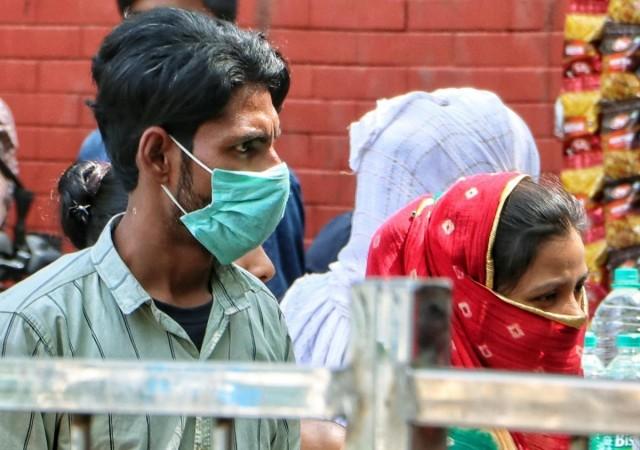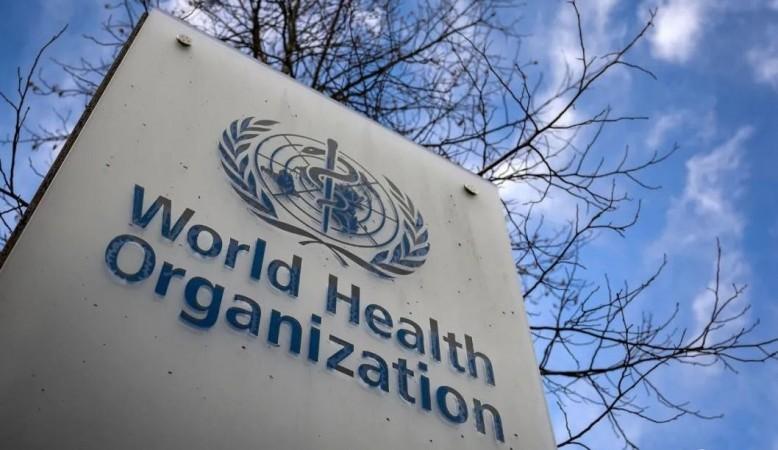
World Health Organization (WHO) has categorized the new COVID-19 variant, JN.1, as a "standalone variant of interest." The decision, announced on Tuesday, is attributed to the variant's ability to rapidly spread within communities.
According to media reports, WHO's recognition of JN.1 as a standalone variant is driven by its distinctive characteristics and its apparent growth advantage over other existing strains. Although the global public health risk is currently assessed as low, the WHO has issued a cautionary note for countries entering the winter season, emphasizing the potential exacerbation of respiratory diseases, including COVID-19.
JN.1 is responsible for an estimated 1 in 5 new coronavirus infections, as reported by the Centers for Disease Control and Prevention. The agency anticipates a continued rise in the prevalence of JN.1 during the upcoming winter months. JN.1 has been found in many countries around the world, including India, China, UK and the United States.
COVID-19 JN.1 symptoms:
- Fever
- Runny nose
- Sore throat
- Headaches
- Minor gastrointestinal problems in some cases
- Extreme fatigue
- Exhaustion and muscle weakness
While the WHO has previously considered BA.2.86 sub-lineages as variants of interest, JN.1 is now independently classified as a distinct variant of interest, separate from its parent lineage, pirola.
"It is anticipated that this variant may cause an increase in Sars-Cov-2 [coronavirus] cases amid a surge of infections of other viral and bacterial infections, especially in countries entering the winter season," the WHO's risk assessment says.

In line with WHO's definition, a variant of interest is characterized by genetic mutations. Fortunately, current COVID-19 tests and treatments are expected to be effective against JN.1, and initial findings suggest that the variant does not induce a more severe disease. However, it does exhibit certain advantages over other circulating strains.
WHO advisory:
- Wear a mask in crowded, enclosed areas
- Cover up coughs and sneezes
- Clean your hands regularly
- Get Covid and flu vaccinations, especially if vulnerable
- Stay home if ill
- Get tested if you have symptoms
WHO's risk assessment underscores that, despite the rapid increase in JN.1 infections, available evidence does not indicate a higher severity of associated diseases compared to other variants. Additionally, existing coronavirus vaccines, including those targeting the ancestral strain and updated monovalent XBB vaccines, are expected to provide protection against severe disease and death, encompassing JN.1.
In a social media statement, WHO's Maria Van Kerkhove reassured the public that current vaccines remain effective against JN.1, emphasizing the ongoing commitment to combating the evolving landscape of COVID-19 variants.













![Crying, wailing: Shia Muslims in Bengaluru, Lucknow protest killing of Iran's Ayatollah Ali Khamenei [Watch]](https://data1.ibtimes.co.in/en/full/829231/crying-wailing-shia-muslims-bengaluru-lucknow-protest-killing-irans-ayatollah-ali-khamenei.png?w=220&h=138)



